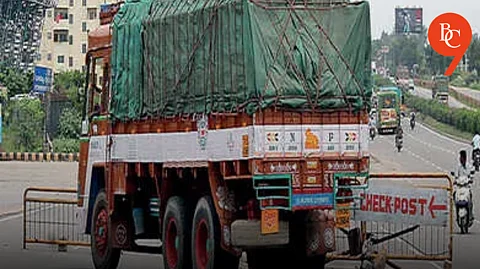

The closure is part of a broader transformation in how states monitor and regulate interstate transport. Established in 1966, Maharashtra’s border check posts were originally intended to control vehicle movement, enforce transport laws, and collect state-level road taxes. However, the implementation of the Goods and Services Tax (GST) has rendered many of these functions obsolete, as GST replaced several state taxes and enabled centralized, digital tax collection.
Additionally, the rise of advanced digital surveillance and e-monitoring systems means that physical check posts are no longer necessary for compliance and enforcement. The move is also a response to longstanding complaints of corruption, delays, and inefficiency at these posts.
Adani Pvt Ltd, which took over the management and maintenance of Maharashtra’s integrated check posts three years ago under a public-private partnership (PPP), will receive ₹504 crore as compensation for the premature termination of its contract. This amount covers the infrastructure, technology, and operational investments made by the company in running the check posts. Once compensated, all technology and physical assets at the check posts will be transferred to the state government for future use or repurposing.
Eliminating physical barriers will ease the movement of commercial vehicles, reduce transit times, and lower logistics costs for businesses. The move is expected to curb corruption and malpractices that have long plagued border check posts, making transport operations more transparent and efficient. Maharashtra will join 18 other states in adopting a fully digital, paperless system for transport compliance, using e-surveillance and online documentation. The reform supports the Centre’s ‘Ease of Doing Business’ initiative, making Maharashtra more attractive for trade and investment
The proposal, backed by a positive report from the Transport Commissioner and recommended by Union Minister Nitin Gadkari, has been submitted to the Chief Minister for final approval. Once cleared, the closure will be implemented, and compensation will be paid to Adani Pvt Ltd. The Transport Department will take over all infrastructure and technology assets at the posts.
Some critics point to the high cost of compensation and question whether the state negotiated the best possible deal. However, transport industry leaders and government officials argue that the long-term benefits-reduced corruption, increased efficiency, and alignment with national reforms-far outweigh the one-time payout.
